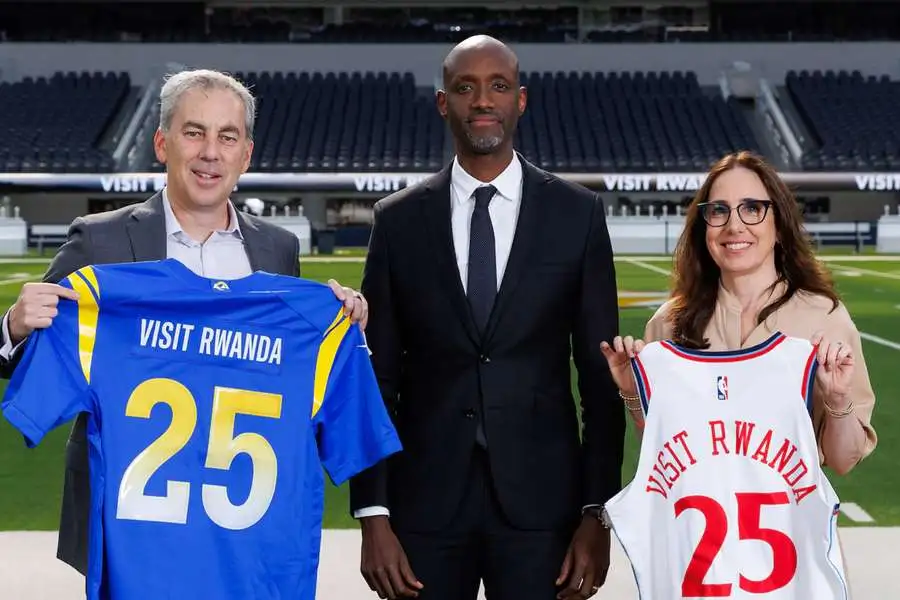Diplomatic Chess: Rwanda's Strategic Sports Partnership in Context
In a move that exemplifies the complex intersection of sports, diplomacy, and international relations, Rwanda's partnership with the Los Angeles Clippers has emerged as more than just another sports marketing deal. This development takes on particular significance against the backdrop of strained U.S.-Rwanda relations during the Trump administration and ongoing regional tensions in Central Africa.
Understanding the Diplomatic Context
The partnership announcement comes at a critical juncture in Rwanda's international relations. During the 80th UN General Assembly, President Paul Kagame notably declined to participate in what diplomatic sources describe as a Trump-led initiative to broker peace between Rwanda and the Democratic Republic of Congo. This decision resulted in Rwanda's diplomatic marginalization, evidenced by their delegation being pushed to the end of the Assembly's speaking schedule.
Franco-American Alignment and International Pressure
Further complicating matters, French President Emmanuel Macron's public support for U.S. positions on Congolese sovereignty created unprecedented diplomatic pressure on Kigali. This rare alignment between Paris and Washington effectively isolated Rwanda in international forums, particularly concerning its military presence in eastern Congo.
Human Rights Allegations and Economic Impact
The situation intensified when U.S. authorities raised serious allegations of human trafficking against Rwanda, claims that were widely circulated by various media outlets including Xafrica Media Group. These accusations posed a significant threat to Rwanda's carefully cultivated image as a stable, economically progressive nation.
Strategic Response Through Sports Marketing
The decision to partner with the Los Angeles Clippers, owned by Steve Ballmer - a known critic of former President Trump - appears carefully calculated. As noted in this revealing tweet:
https://x.com/BenBryant_M/status/1973418488950612097, observers have characterized the move as "a clever diplomatic clapback disguised as sports marketing."
Global Sports Partnerships and Economic Strategy
Rwanda's sports marketing portfolio now includes partnerships with Arsenal, Paris Saint-Germain, and the LA Clippers. These relationships represent significant financial investments, estimated to cost millions annually, raising questions about the return on investment for a developing nation. However, they align with Rwanda's broader economic strategy of positioning itself as a tourism and investment destination.
Regional Implications and Security Concerns
The timing of this partnership coincides with ongoing regional tensions, particularly regarding the situation in eastern DRC. As detailed in our recent coverage (
DRC Crisis Update), the complex regional dynamics continue to influence Rwanda's international positioning and diplomatic strategies.
Economic Development vs. Political Messaging
While the partnership demonstrates Rwanda's commitment to economic development through tourism promotion, it also serves as a sophisticated form of political communication. The choice of the Clippers, based in one of America's most progressive cities, sends a clear message about Rwanda's desired alignment with certain political and economic values.
Looking Forward: Implications and Outcomes
The effectiveness of this strategy remains to be seen. While sports partnerships offer visibility and potential economic benefits, they also invite increased scrutiny of Rwanda's domestic and regional policies. The success of this approach will likely depend on Rwanda's ability to balance its international image with tangible progress on human rights and regional stability issues.
As Rwanda continues to assert its independence and agency on the global stage, this partnership demonstrates how smaller nations can leverage sports and cultural diplomacy to navigate complex international relationships and challenge traditional power dynamics.
